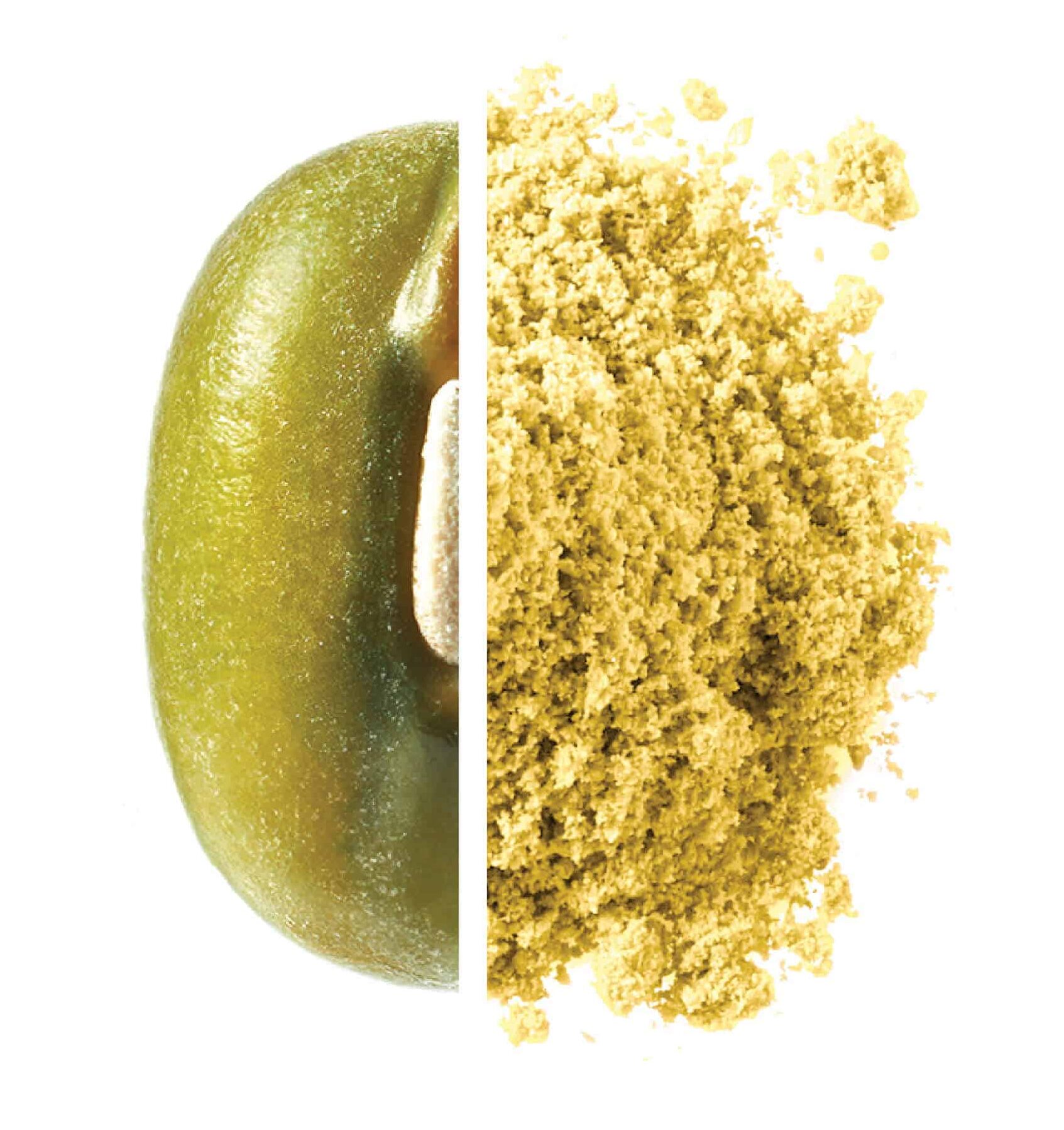JUST announces a partnership with Emsland Group to expand its protein processing capacity. This arrangement with Emsland Group, a global leader in manufacturing raw materials from vegetables, ensures a dependable and expandable production infrastructure for the brand’s plant-based JUST Egg.
Emsland Group’s expertise in starch extraction and utilization for various food products are critical components of making JUST Egg one of the lowest-cost and most sustainable proteins on the planet. This alliance will allow the manufacturing partners to access mung bean protein, the key ingredient in JUST Egg, more easily, and create a new revenue stream from the sale of the legume’s high starch content.
Headquartered in Emlichheim, Germany, Emsland Group has manufactured innovative pea and potato products that are essential elements in a wide range of food applications since 1928. Its partnership with JUST marks a first for the farmer cooperative.

“Our partnership with Emsland Group is not only an innovative and creative development in the world of protein processing, but it will ultimately help us make JUST Egg more accessible and affordable to customers and consumers around the globe,” said Josh Tetrick, co-founder, and CEO of JUST. “We’re excited to learn from their more than 90 years of experience and leadership in the food industry, guided by the philosophy ‘using nature to create.’”
The news comes soon after JUST’s December acquisition of a 30,000-square-foot factory in Appleton, Minnesota, that specializes in patented protein extraction methods for JUST Egg. It also follows the company’s March announcement of a host of global strategic partnerships to manufacture and distribute JUST Egg across North America, Europe, Latin America, and East Asia.

To make JUST Egg accessible to millions of more consumers, and as a result of increased efficiencies in sourcing, protein processing, and manufacturing, American shoppers are now able to purchase JUST Egg in liquid and patty formats at a much more competitive price than when it launched nationally last year.
JUST Egg’s Grocery sales velocity in the US has grown 51% since December with large gains at top national chains. In April, a new frozen, folded JUST Egg debuted in retail, and at a top-five US supermarket, velocity has grown 150% in a matter of weeks. Additionally, a growing number of quick-service restaurants and foodservice destinations like college campuses, amusement parks, hospitals, and corporate cafeterias have added JUST Egg to their menus.





